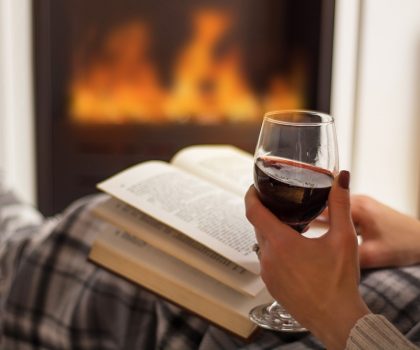Reconsider the nightcap

By Mary Malik
Do you sometimes rely on a glass of wine at night to help you relax and fall asleep? The National Sleep Foundation estimates that 20 percent of Americans use alcohol to help them fall asleep. Studies show that alcohol does allow healthy people to fall asleep quicker and sleep more deeply for a while.
“Alcohol may make it easier to fall asleep, but the good news stops there,” says Jim Sperk of the Northern Ohio Wine Guild. “It can interrupt the sleep cycle by reducing rapid eye movement (REM) sleep, which happens about 90 minutes after we fall asleep, resulting in a feeling of confusion and shakiness the next day.”
REM sleep is thought to be the most restorative period of sleep. Alcohol is shown to interrupt this period, and the more you drink before bed the more pronounced the negative effects will be.
“According to the Sleep Foundation, after drinking, production of adenosine (a sleep-inducing chemical in the brain) is increased, allowing for a fast onset of sleep. But it subsides as quickly as it came, making you more likely to wake up before you’re truly rested.”
The Foundation’s research also indicates that one or two drinks may only have a minimal effect on sleep, especially if consumed with dinner.
“That way, the body can metabolize the alcohol before retiring for the night,” says Jim. “This is one more reason why the recommendation of most health experts – one glass of wine for women, two for men – is considered the daily limit.”
For information on the Northern Ohio Wine Guild, contact Jim Sperk at tinymoonwines@usa.net.
